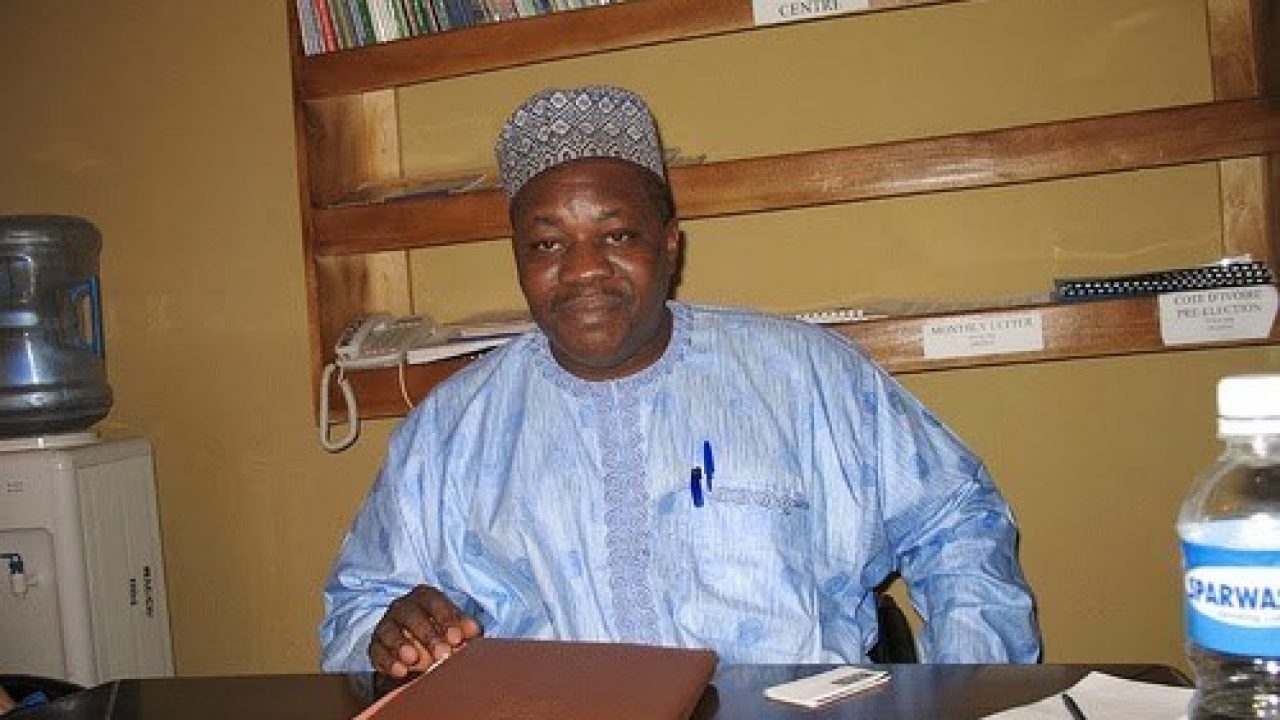As has happened with each legislature in the life of the Forth Republic, the majority of members of the Senate and House of Representatives are not returning. The reason is simple, state governors who decide on behalf of the people who should, or should not be a candidate do not like their legislators to stay long and build a powerful political base that could one day challenge the absolute power of their governors. The Senate President, Ahmad Lawan, is the most spectacular exception that breaks the rule. He has been in the National Assembly since 1999, first in the House of Representatives and subsequently in the Senate. For some reason, successive governors of Yobe State have always given him the green light to stay on. I wonder why? Could it be linked to his style and record of being unobtrusive and inconspicuous as a legislator who did nothing and was therefore perceived as non-threatening. What is clear is that until he became the Senate President, hardly anyone noticed him.
He was discovered when he became Senate President three years ago and then broke the Richter scale of political “arrivism” when the APC Chairman announced him to be the “presidential” choice of President Buhari. I guess his governor must have noticed him then and decided to checkmate his excessive ambition. The reason is simple, only governors have the right to the ultimate in political ambition.
The new word in Nigeria’s political lexicon is PLACE-HOLDER. This is a person elected in a primary election to hold the seat of the real occupant who has gone off to attempt the ambition of seeking a bigger chair and is calculating he needs a place-holder to keep the seat in conformity with the tough Electoral Act that has placed stumbling blocks on the pathway of political nomadism and serial contests in primary elections. Mr. Bashir Machina is the place-holder for Senator Lawan’s Yobe North Senatorial seat and was directed to resign immediately Oga Lawan lost the presidential ticket. Then came the bombshell with his announcement that he was not going to step down because he had duly won the primaries and no one has a birth right to the constituency seat. Meanwhile, two camps have arisen – “resign now” and “no you won, keep your mandate”. We await the outcome of this struggle. Nonetheless, a pertinent question is whose side is the Yobe Governor on. I guess we shall soon find out.
This was the context in which Senate Ahmad Lawan welcomed his colleagues back after six-weeks recess to contest for the primaries. He expressed his sadness that 70% of the Senators are not returning. He also had the difficult task of announcing that my good friend his close ally and Majority Leader, Dr. Yahaya Abdullahi has moved from the APC to the PDP after the unceremonious manner the “new” ruling class in his Kebbi State set out to put a stop to his political ambition. The Minority Leader, Enyinnaya Abaribe had also resigned his post, having defected from PDP to the All Progressives Grand Alliance (APGA
Speaking on the outcome of the party primaries, Senate President Lawan said some of them had participated in the congresses for their senatorial districts, some went for governorship of their states, and four of them, including him, went for the presidency:
“We have recorded different results from those activities, but as politicians, it is never over until it is over. We should continue to support the political system that we believe in. Those of our colleagues who have recorded successes, we wish them more successes in the general election. And those who have not succeeded as much, we are hopeful that between now and then, the situation may be better.
The message therefore is that there is still hope that maybe, the place-holder will read the memo and resign so that the owner of Yobe North Senatorial constituency could reclaim his birth right.
In the House of Representatives, Speaker Femi Gbajabiamila, directly blamed the delegate system used in conducting political parties’ primary elections for the significant number of members that fell by the way side. His view was that the loss was really not for members who lost, but was a loss for democracy, to the institution and to the country:
“If it means anything, I know and I am aware that many of our members did not lose their primaries because they were rejected by their constituents. Many of our members lost because of the process, the process which we foresaw in the House of Representatives. The delegate system which unfortunately is not what a delegate system is supposed to be.”
Like everyone else in the country, Mr. Gbajabiamila view is that the horror is the delegate, not the delegate per se, but the way in which godfathers can plant their surrogates as delegates. He added that “When we fought for direct primaries in this house, we knew exactly what we were saying. It pains me very deeply, that the process has gone the way it has gone.”
At the time when the National Assembly threatened to override the President’s veto over the question of delegates, they chickened out. Now that so many of them are victims, they want to try again to pass an amendment to Section 84(8) to include statutory delegates as eligible voters in primary elections. The Senate passed the bill on May 10 while the House passed the same bill on May 11. However, President Buhari did not sign the bill. My impression is that they want to do it now is engineer sweet revenge to the manner so many of them were thrown out. When the history of the 9th Assembly is written, the chapter on the titanic battle between national legislators and state governors would be a long one.
The real issue however is that there is too much opportunism in the way in which Nigerian politics is played. Why did they not override the president when they threatened to? How come there is so much focus on the particular section which concerns the direct political interest of legislators who want to be voters in primaries they would be contesting in? The dropping of a majority of legislators from parliament started in 2003, why has there been no real attempt to address it all these years. The answer is that each legislator believes they could cosy up to their governors and be allowed to continue. By the time they realise it won’t happen, it is too late and the harm has been done. They need to think about how to develop a delegate system that is truly democratic rather than one that serves their own direct interest alone.







